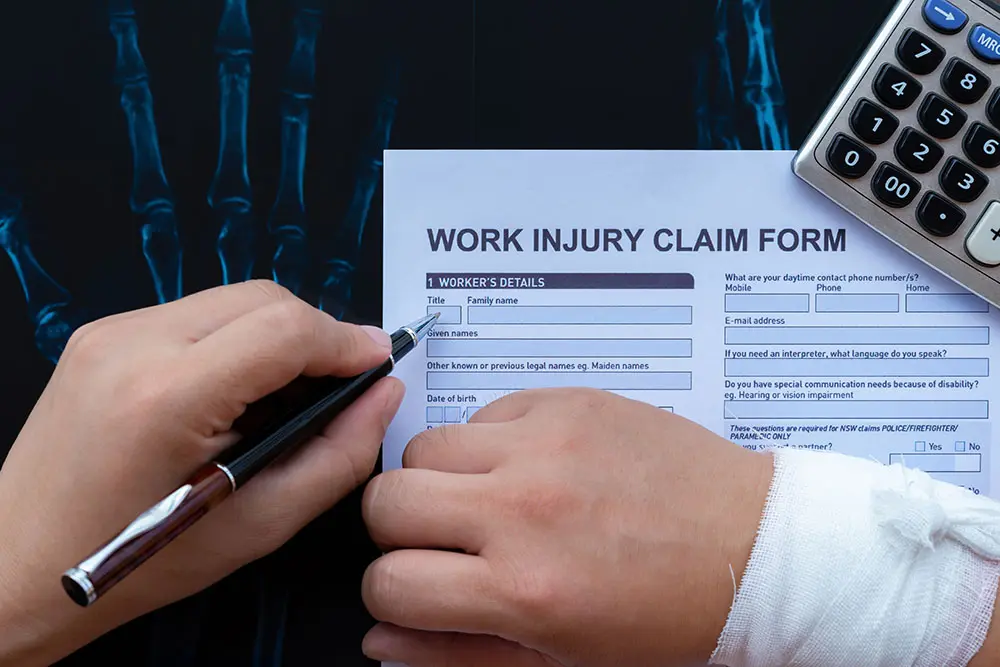Filing a lawsuit for Stevens-Johnson Syndrome (SJS) can seem overwhelming. SJS is a severe condition that can cause serious health problems. If you or a loved one has been affected by SJS, you may have legal rights to seek compensation.
Legal action can help cover medical costs, lost wages, and other expenses. However, knowing where to start can be challenging. It’s essential to understand the basics of SJS lawsuits, the timeframes involved, and what to expect during the process. Preparing well can make the journey smoother and increase your chances of a successful outcome.
This article will walk you through the essential information on filing an SJS lawsuit. You’ll learn about the basic steps, the important timeframes for filing, what happens during the legal process, and how to prepare for your case. By understanding these key points, you can make informed decisions and feel more confident as you navigate your legal journey.
Understanding the Basics of SJS Lawsuits
SJS lawsuits aim to help victims get compensation for their suffering. Stevens-Johnson Syndrome (SJS) is a serious skin condition often caused by a reaction to medication. When doctors or drug companies fail to warn about the risks, they may be held responsible.
In an SJS lawsuit, you claim that someone’s negligence caused your condition. This could be a healthcare provider who prescribed the wrong drug or a pharmaceutical company that did not list the medication’s side effects. You need to show proof that their actions or lack of actions directly led to your illness.
Hiring a personal injury lawyer can make this process easier. They can help gather evidence and build a strong case. This evidence might include medical records, expert opinions, and witness testimonies. A good lawyer will guide you through each step and help you understand what is happening in your case.
Important Timeframes for Filing an SJS Lawsuit
It’s crucial to know the timeframes for filing an SJS lawsuit. These deadlines are known as the statute of limitations. Missing these deadlines can mean losing your chance to file a case.
Each state has different statutes of limitations. Generally, you have a few years from the date you were diagnosed with SJS to file a lawsuit. Some states allow more time, while others have shorter periods. It’s important to check the specific laws in your state.
Steps to Remember:
1. Date of Diagnosis: Write down the date when you were diagnosed with SJS. This is usually the starting point for your timeframe.
2. Medical Records: Keep all your medical records organized. These documents are vital for proving when you were diagnosed and how your treatment progressed.
3. Consult a Lawyer: As soon as possible, talk to a lawyer who specializes in SJS cases. They will know the exact timeframes in your state and can help you file your lawsuit on time.
Being aware of these timeframes and acting quickly can preserve your right to seek compensation. Remember, the sooner you start, the better your chances for a successful case.
What to Expect During the Legal Process
Filing an SJS lawsuit involves several steps. Knowing what to expect can help you feel more at ease throughout the process. Here’s a general overview of what happens after you decide to file a lawsuit.
1. Initial Consultation:
You will start by meeting with a lawyer. They will review your case and decide if you have a valid claim. Bring all your medical records and any other documents that can support your case.
2. Filing the Complaint:
If your lawyer agrees to take your case, they will file a complaint in court. This document outlines your claims and who you are suing, whether it’s a doctor, a hospital, or a drug company.
3. Discovery Phase:
Both sides will gather evidence. They will exchange documents, interview witnesses, and take depositions. This phase can take several months, but it’s crucial for building a strong case.
4. Negotiations and Settlements:
Many SJS cases are settled out of court. Your lawyer will negotiate with the other side to try to reach a fair settlement. If an agreement is met, you will receive compensation without going to trial.
5. Trial:
If a settlement can’t be reached, your case will go to trial. Both sides will present their evidence and arguments. A judge or jury will then decide the outcome. This phase can be stressful, but your lawyer will guide you through every step.
Knowing these steps can help you understand the timeline and what’s involved in an SJS lawsuit.
How to Prepare for Your SJS Case
Preparing for your SJS case is vital for success. Taking the right steps can strengthen your case and help your lawyer get the best results. Here are some key tips:
1. Gather Evidence:
Collect all medical records, bills, and documents related to your SJS diagnosis and treatment. This information is crucial for proving your case.
2. Keep a Journal:
Write down your symptoms, treatments, and how SJS affects your daily life. This journal can provide valuable insight into your suffering and help your lawyer present a compelling case.
3. Follow Medical Advice:
Stick to the treatment plan given by your doctors. Follow their instructions carefully. This shows you’re doing everything possible to recover and can counter claims that you didn’t take your health seriously.
4. Stay in Touch with Your Lawyer:
Maintain regular communication with your lawyer. Update them on any new developments, symptoms, or treatments. This helps them stay prepared and ready to act whenever needed.
5. Understand the Costs:
Talk to your lawyer about legal fees and other costs involved. Make sure you know what to expect financially so that you can plan accordingly.
By taking these steps, you can help your lawyer build a strong case. Preparation is key to navigating your SJS lawsuit successfully.
Conclusion
Filing an SJS lawsuit can be a challenging process, but knowing what to expect and how to prepare can make a big difference. Understanding the basics, being aware of important timeframes, knowing what to expect during the legal process, and taking steps to prepare can help you navigate your case more smoothly.
If you or a loved one is suffering from SJS, it is crucial to seek legal assistance to help manage medical bills and other expenses. Remember, acting quickly and staying organized will improve your chances of a successful outcome.
Don’t go through this process alone. At Greg Jones Law, P.A., we are here to guide you every step of the way. Contact our Steven Johnson Syndrome attorney today for expert help with your SJS case. Let us fight for the compensation you deserve.




